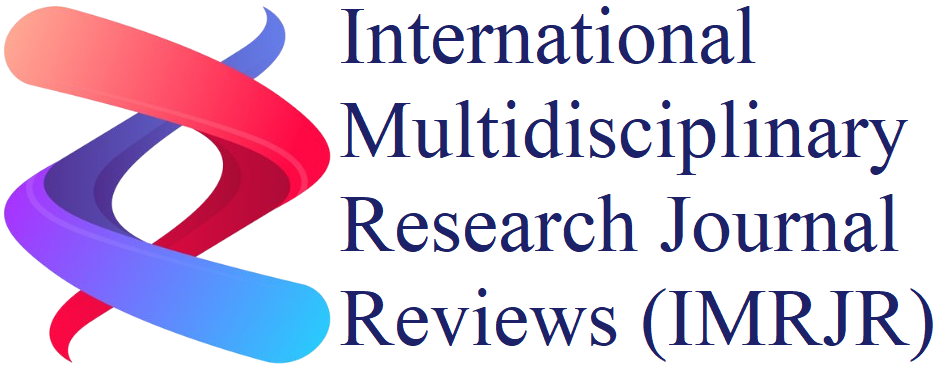Abstract: Wireless Sensor Networks (WSNs) have emerged as a crucial technology, facilitating the collection and dissemination of data across a wide range of applications, from monitoring the environment to automating industrial processes. However, the limited energy resources of sensor nodes present substantial challenges to the sustainability and efficacy of these networks. In response, researchers have devised and explored numerous non-meta-algorithms aimed at optimizing energy consumption, data transmission, and network longevity, all of which contribute to the enhancement of cooperative communication modules. This comprehensive analysis undertakes a thorough investigation and comparative assessment of various prominent clustering algorithms within the realm of WSNs, offering valuable insights for advancing cooperative communication. By delving into the practical implementations, underlying mathematical principles, strengths, weaknesses, real-world applications, and avenues for enhancement of these algorithms, our objective is to present a holistic perspective on their contributions to bolstering energy efficiency in WSNs.
Keywords: Clustering, Wireless Sensor Networks, Energy, LEACH, Cooperative Communication
Download:
![]() |
DOI:
10.17148/IMRJR.2024.010102
|
DOI:
10.17148/IMRJR.2024.010102
[1] Nishant Tripathi, "Comparison of Energy Efficient Meta and Non-Metaheuristic Clustering for Wireless Sensor Networks," International Multidisciplinary Research Journal Reviews (IMRJR), 2024, DOI 10.17148/IMRJR.2024.010102

